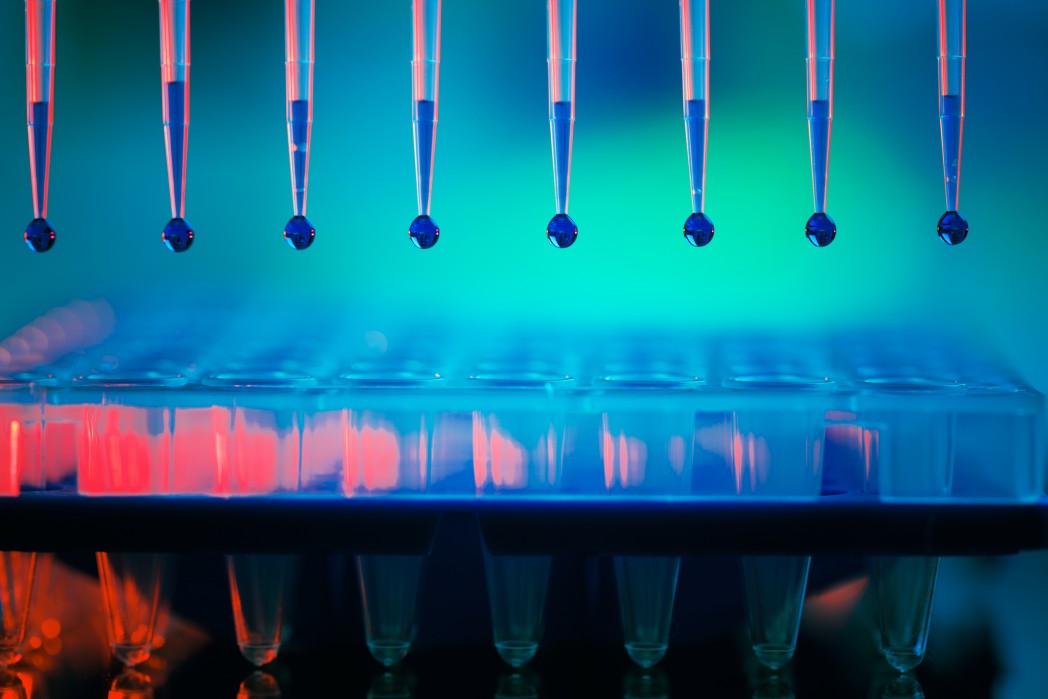Oxford BioDynamics Aims to Speed Up ALS Diagnosis in New Study Using EpiSwitch Technology

Oxford BioDynamics is expanding its program for biomarker discovery with tests for amyotrophic lateral sclerosis (ALS) in a clinical study in Malaysia, using its EpiSwitch technology.
Researchers hope the new study, one of the largest ALS studies in Asia to date, will allow the development of a diagnostic test that will help physicians speed up diagnosis time to a couple of weeks from the appearance of the first symptoms.
Today, it might take a year to confirm an ALS diagnosis because symptoms are unspecific and may resemble those seen in other neurodegenerative conditions. The EpiSwitch test is a noninvasive method that can produce results in less than four hours, essentially looking for changes in gene expression linked to a condition.
England-based Oxford BioDynamics, with a subsidiary in Penang, Malaysia, is collaborating with the University of Malaya on the study, which will be overseen by Goh Khean Jin, professor and head of neurology at the university.
Studies using the EpiSwitch technology for ALS in Malaysia complement earlier studies in England and the U.S. The U.K. study — done in collaboration with the University of Oxford — involved 100 ALS patients and equally as many healthy volunteers. In the U.S., 58 ALS patients were analyzed in partnership with Massachusetts General Hospital and the Northeast Amyotrophic Lateral Sclerosis Consortium (NEALS).
In that research, scientists identified a signature of nine epigenetic biomarkers in ALS patients. Such markers are present in the form of molecules controlling gene activity by attaching to DNA, and are linked to the immuno-footprint of the disease. The study in Malaysia will gather additional evidence showing if these biomarkers are suitable in aiding the diagnosis of ALS.
Oxford BioDynamics refers to the detection of such changes as “finding a needle in a haystack” in the early stages of the disease, since they occur in low numbers in a small sample of abnormal cells.
“The effect of delayed diagnosis in ALS patients can be catastrophic for quality of life among patients,” Dr. Alexandre Akoulitchev, chief scientific officer and co-founder of Oxford BioDynamics, said in a news release. “Our work in Malaysia, looking at how chromosomes fold differently inside healthy and diseased cells, will help us bring forward fully developed biomarker tools for patients with ALS.”
“This collaboration between Oxford BioDynamics and the University of Malaya is very important to improving diagnosis, making it earlier and more definitive among ALS patients in Malaysia, so we can start treatments sooner and reduce unnecessary testing and procedures,” Goh said.






